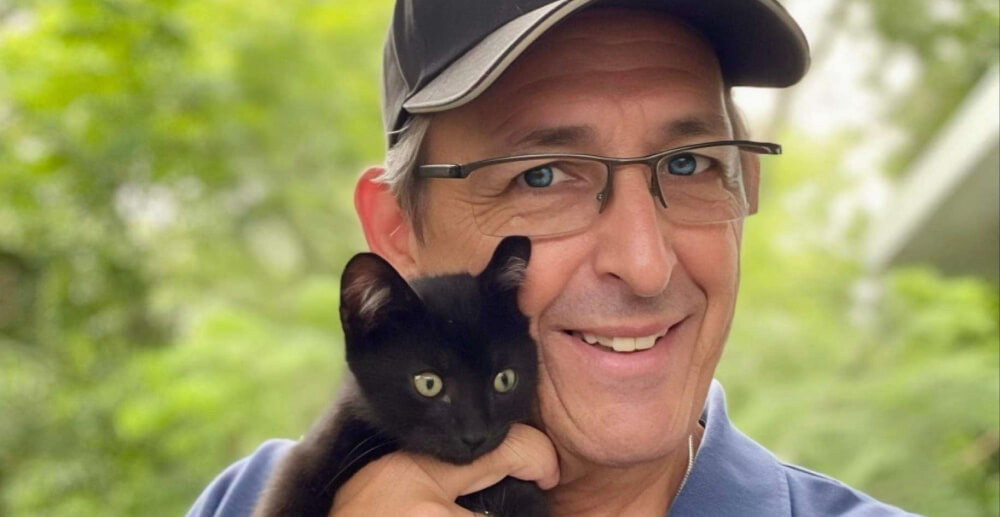Staying sober by cycling? Riding a bike helped Liv in recovery.
When I arrived into recovery, my body was ravaged by substance use and addiction. I spent the first 18 months exhausted. I was 150 pounds overweight, and I felt terrible most of the time. Nobody told me about the importance of a holistic recovery program. There was no emphasis on looking after my physical health.
Skip forward a bit. At three years sober, I was not as tired, but I still felt terrible. In time, I began looking at improving my health, and I started with exercise. My self-esteem grew enough that I was able to value my body and make some changes. Slowly but surely, my focus changed. Before I knew it, I was eating well and getting enough exercise. If you’d told me when I was drinking and using that I would one day be riding a bike as my main mode of transport and cycling more than 50 miles a week, I would’ve laughed at you. Yet, there I was—sober for years and absolutely loving cycling.
Taking my first steps toward fitness
Getting help started with one-on-one help from a nutrition coach. She advised me to immediately get active. Her first recommendation was to try to incorporate daily walks into my routine, starting with 10,000 steps a day. It sounded daunting, but I was able to do this by walking to work and taking a stroll during my lunch break. After work, I’d get off the bus a few stops early and walk the rest of the way home. Before I knew it, I was clocking 10,000 steps a day. It felt great. I started to sleep better, and I felt less tired.
During one lunchtime walk in the park, I noticed the bike shop across the road. A few minutes later, I found myself inside the bike shop! I wasn’t entirely sure how I got there, but I fought my instinct to run. I began by asking for help. For a long time, I told myself that because of my size, I wouldn’t be able to do so many things—cycling, running, spinning, martial arts, yoga. You name it, I had a reason why my size got in the way.
The leap into cycling
My recovery has been a series of asking, “Can you help me, please?” I did exactly that in the bike shop. They walked me through everything I would need to set up on a bike safely, and measured me for the best-fitting bike based on my requirements. Before I left the shop, I had ordered a bike. I surprised myself! As I walked back to work, I was so happy that I felt like I was floating.
When I picked up my new bike, I had to ask for help again—I hadn’t ridden a bike since I was a teenager! Armed with a few tips and tricks, off I went. I cycled a cool 2.5 miles home. I felt on fire with excitement and inspiration. My self-esteem soared.
Benefits of cycling
I still cycle today, at nearly five years sober. In fact, buying a bike was one of the first things I did when I moved to Portland! It’s been invaluable to my recovery. Not only have I gained a new sense of independence, but I’ve learned new skills and increased my self-confidence. I mastered two cycle maintenance courses, a road safety course, and cycle coaching. Physically and mentally, I am so much healthier, and my energy levels have skyrocketed.
But most of all, cycling gives me a sense of serenity. I can’t describe just how peaceful and meditative cycling feels. It gives me breathing space, I feel connected and lightened somehow—just what I was seeking in wine and drugs. But this time, it’s real.




